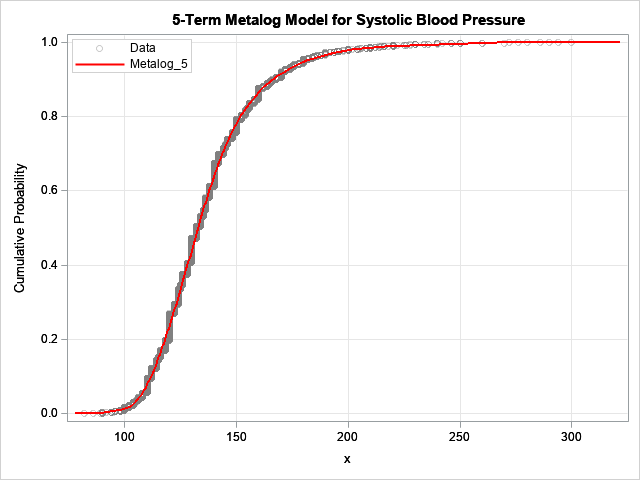
최근 ChatGPT에 대한 관심이 대단합니다. 2022년 12월 공개된 지 5일만에 사용자100만 명을 기록했고, 지난 2023년 2월 기준, 월 사용자 1억 명이 넘는 서비스가 되었습니다. 마치 2016년 이세돌을 이긴 알파고 출현 당시와 같이 세간의 관심이 쏟아지고 있습니다. 사람들이 이렇게 열광하는 이유는 ChatGPT가 생성하는 답변이나 글의 수준이 사람이 생성하는 것 이상으로 훌륭하기

최근 ChatGPT에 대한 관심이 대단합니다. 2022년 12월 공개된 지 5일만에 사용자100만 명을 기록했고, 지난 2023년 2월 기준, 월 사용자 1억 명이 넘는 서비스가 되었습니다. 마치 2016년 이세돌을 이긴 알파고 출현 당시와 같이 세간의 관심이 쏟아지고 있습니다. 사람들이 이렇게 열광하는 이유는 ChatGPT가 생성하는 답변이나 글의 수준이 사람이 생성하는 것 이상으로 훌륭하기

This blog post was originally published in October of 2019 and the topic has come up so much recently in my conversations with parents, I thought now would be a good time to re-publish it. When it comes to internet safety, I often hear the discussion framed as "to monitor

A previous article describes the metalog distribution (Keelin, 2016). The metalog distribution is a flexible family of distributions that can model a wide range of shapes for data distributions. The metalog system can model bounded, semibounded, and unbounded continuous distributions. This article shows how to use the metalog distribution in